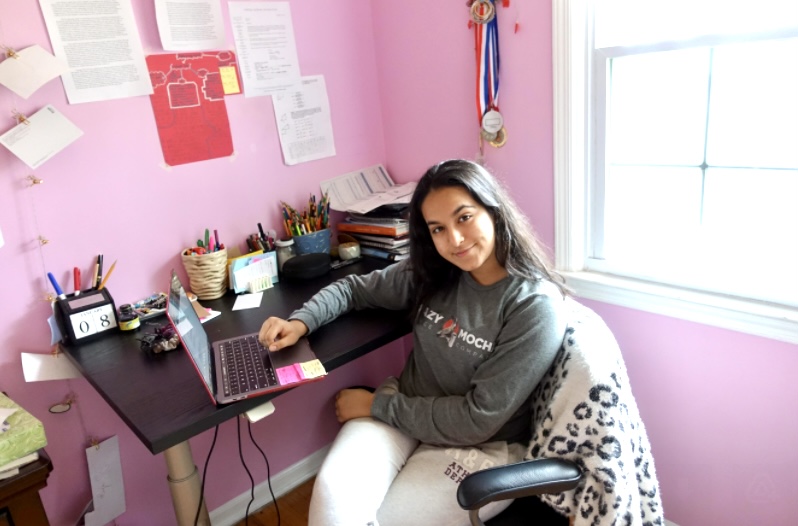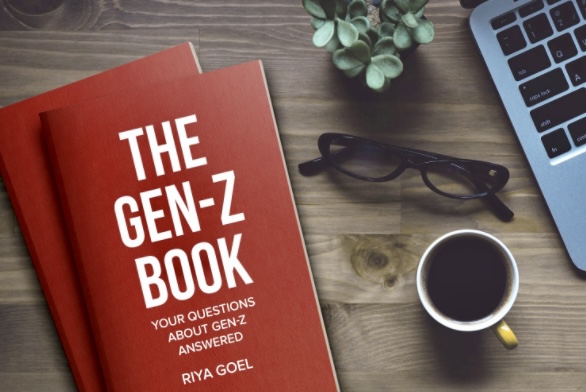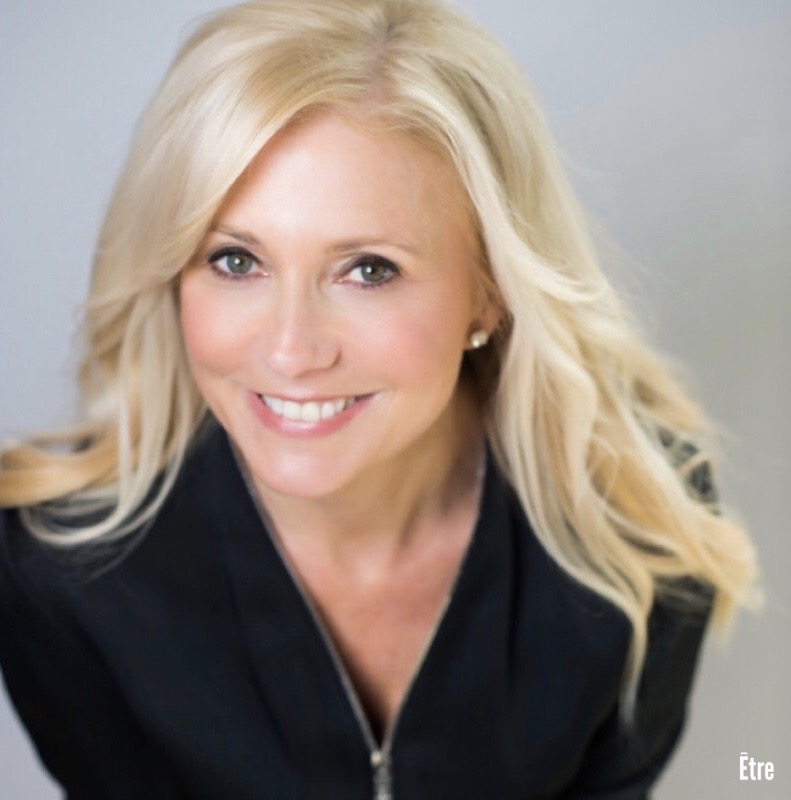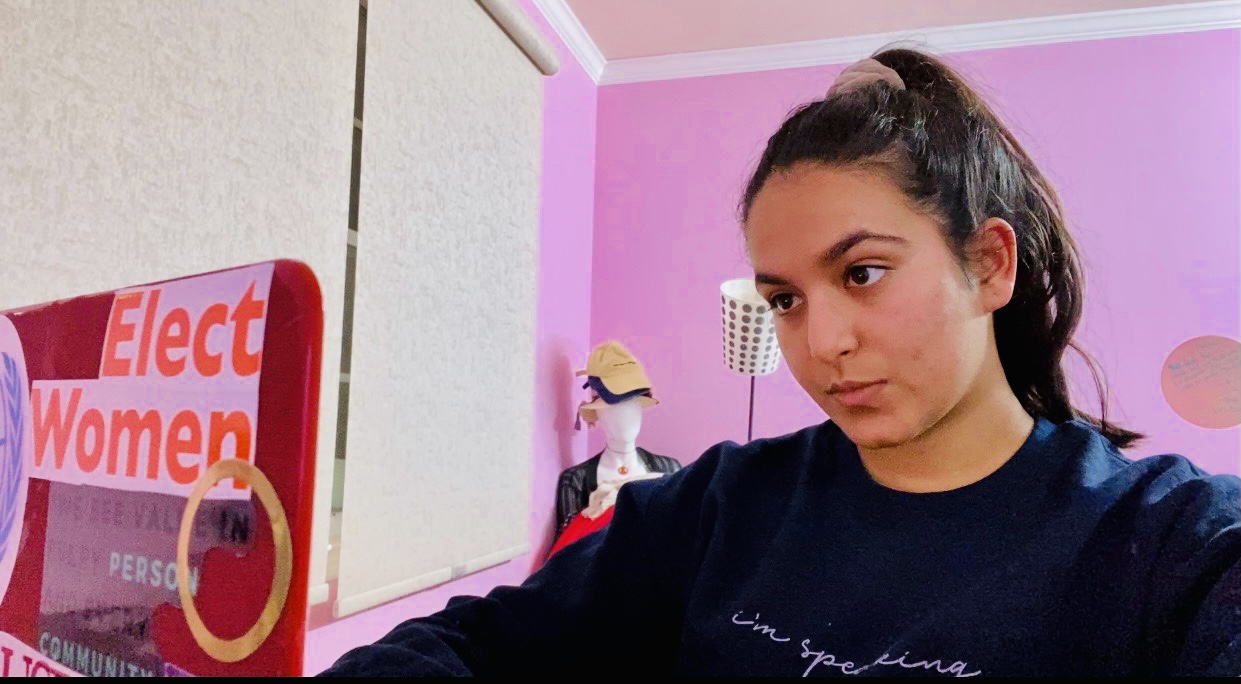“So I’m sitting down to write. And I’m 16 (as of now), but also have the world at my hands – and that’s the power of Gen-Z.” These words appear in the introduction of a forthcoming book about the often-discussed Gen-Z, and they land all the more firmly on the ear because of the author’s age – she will be seventeen at publication.
Riya Goel is a high school senior from West Orange, New Jersey, a student-athlete and a self-described “intersectional feminist and racial justice activist changing the world one day at a time.” Like many teens during quarantine, she searched for an at-home project that could lead to widespread impact. She started interviewing peers who, in her opinion, were bringing meaningful change to the world despite their youth. Students like Ava McDonald (18), founder and CEO of marketing firm Zfluence, Ziad Ahmed (21), CEO and co-founder of JUV Consulting, and Matt Sarafa (23), one of the youngest fashion designers to appear in New York, Paris and Los Angeles at Fashion Week.
What Riya found was that the voices of Gen-Zers echoed louder than those speaking about Gen-Z. She felt frustrated that the articles she read describing her generation were rarely written by her generation. She opened her laptop and began to type. And a book started to take shape.
Knowing she had something to say, but recognizing that getting her words published would be costly, Riya approached authorship with the same ingenuity and networking skills that she had seen in those she interviewed. She set up an Indiegogo page, explained the concept of her book and established an online author community. Now fully funded by 75 backers and headed to print within weeks, The Gen-Z Book is ready to hit shelves by April.
Eager readers at Être, a mentorship platform for girls, wanted to know more and reached out to Riya with questions. Below is an edited version of that exchange:
What prompted you to write The Gen-Z Book and what was your first step? Over the summer, like any teenager, I was on social media. Through my seemingly endless scrolling, I kept finding #genz or really just mentions of Gen-Z all over social media. People were talking about Gen-Z and who we were, but as someone that is considered a Gen-Zer I had no idea what was going on. I never felt much meaning behind being a Gen-Zer before the global quarantine set in, either. So I did my research, and ironically didn’t find out as much online as I did from speaking with experts in the field and through doing additional research on social media.

You divide the book into 4 distinct parts – can you explain a bit about each section? I want to preface this answer by stating that my book is extremely conversational. I wanted to make the book easy to read and something that didn’t feel like a task, or something that was too hard to understand. Because of this, I split the book to emulate how I would talk to a random person about Gen-Z.
Part 1 is titled, What is change and what is Gen-Z’s role in change? This section covers the history of youth and change, and why Gen-Z is set at the forefront of change. Part 1 goes into why Gen-Z is going to be a pivotal generation for the world, and why people should care about Gen-Z. Part 2 is titled, What’s so unique about us? (with stories ofc!) and how does Gen-Z do things differently? This section is the main chunk of the book, with large topics as chapter titles that take information from interviews I’ve conducted and with a little bit of my own experience sprinkled in. I talk about topics from tech to collective trauma, what’s going on with Gen-Z and what makes us special. Part 3 is titled, Gen-Z is pretty cool. But what does that mean and what do we do now? Here, I address the audience. I write about what Gen-Z needs to do to make change in the world, and how each group of readers (from parents to CEOs), can help make that change working as allies with Gen-Z. Part 4 is titled, Peace out. This is (hopefully) what you learned. This is a wrap up of everything that I’ve said. A recap, of sorts, that summarizes why Gen-Z matters and why you should care about what Gen-Z does.

The youth movement has always been at the forefront of social change, and Gen-Z is clearly leading the charge today. What is it about the world’s current issues that makes our voices crucial right now? I believe that we are at the intersection of a lot of issues, and I think that we have the ability to amplify the voices of youth and advocates internationally, bringing a global, diverse perspective to the field of advocacy and activism. We’re able to share more information, points of views and stories through technology, and we’re able to survive a global pandemic by taking our work virtual.
This speaks to the power of our generation and the adaptability that we have. We are able to take large, complex issues, and tackle them head-on, while still keeping an intersectional lens in mind when approaching such issues. I think that is what is special about Gen-Z.
Riya Goel
For teens who want to have an impact now, what is your advice about how to get started? Get on Google! There is no reason why anyone, no matter who you are, can’t bring change to today’s world. With a few clicks you can learn about different topics and – staying safe and using smart precautions – you can sign up with different organizations to learn even more. You can direct message the organization to see how you might get involved in their work, and you can raise awareness on social media. There are countless ways to have an impact today, and all you need is a little bit of research and initiative to make it happen.
What was the biggest (or most unexpected) challenge regarding the book process? Writing it! This is expected, but it was hard for me, as a student who’s really used to formal papers and AP guidelines, to get out of my comfort zone and write something so conversational. Incorporating pieces from interviews into my own voice as a writer was tough as well, and, really, just making sure that everything made sense!
Bonus Q: If you had to pick one message for readers to take away from your book, what would it be? I would say: pay attention to Gen-Z. And if you’re not a Gen-Zer, find ways to work with Gen-Z to appeal to that audience. Gen-Z is the largest and most diverse generation to date. That last line holds meaning. It means that Gen-Z is going to be changing the world, not only in terms of social issues, but through our consumer habits, policies, and businesses in the future.
We feel the world changing already, with teen authors like Riya bringing their voices forward and sharing stories of their inspiring peers. Riya says that she “wants to let the world know the power that lies in Gen-Z, and how other generations need to talk to and understand Gen-Z in order to work with them to make the world a better place.”
The world is listening, Riya.
Keep writing.


